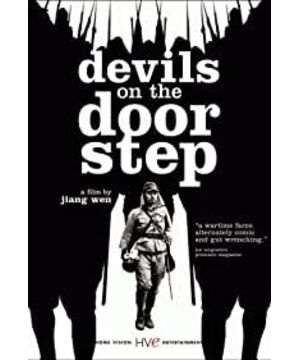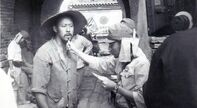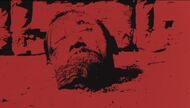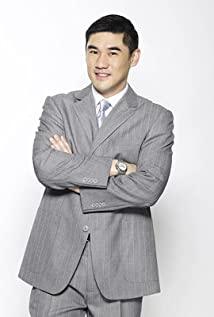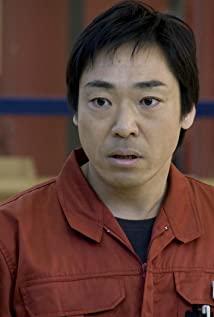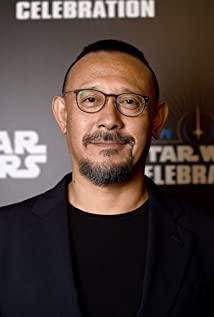The first is Ma Dasan, the protagonist of the film. Like most people in Jiaojiatun, he is the representative image of the foolish people. He is kind and honest, cunning and cunning, timid and fearful. A typical image of a peasant, which is also the real state of most Chinese peasants in that era.
When "I" sent Hanaya Kosaburo and Dong Hanchen over, he had no room for resistance in the face of such a disaster. The scene is full of metaphors, when Ma Dasan was messing around with the widow fish, and the sudden intrusion of the "me" interrupted their lingering and left a big trouble. Small peasants are comfortable in their own peach blossom garden, and they can be husky, but disasters may come at any time. Here, the "I" does not need a metaphysical and specific identity: the Communist Party or the Kuomintang or the green forest hero," "I" is a metaphysical being. It can be fate, natural disasters, man-made disasters, wars or plagues. The small farmer is so fragile that any one can arbitrarily and easily break his normal life.
The development of the plot later showed the generosity or cowardice of the small peasants. In the face of the two prisoners who were constantly making trouble, Ma Dasan offered food and drink, and when the two prisoners were sent away, they even gained weight. . Until the end, when the villagers were all killed and they were forced to the point of no return, did they rise up to resist and chop off the devil's head with a big axe. As long as there is still a glimmer of hope, Ma Dasan will not be so decisive, and so is the peasant uprising in Chinese history. in this way.
There is a character among the villagers that is worth pondering about, that is, the father-in-law of the widow Yu'er. When the villagers dare not deal with the two captives, he is the only one who shouts, "I will strangle the two to death with one hand". When the Japanese slaughtered the villagers He really realized what he said before, shooting back and strangling a Japanese soldier. But what is such a person like in reality? Paralyzed in bed, not taken seriously, covering his mouth when uttering rhetoric, warriors being ostracized and covering their mouths by the foolish people are also quite metaphors. The son died, and there is no way of knowing how he died, but from the fact that there are guns at home, it can be inferred that he died for the War of Resistance. The daughter-in-law was having sex with other men and was pregnant. The hero ended up like this, alluding to some reality.
Another main character is Kosaburo, a Japanese soldier, Hanaya, who is also a peasant. The difference between him and the people in Kajiatun is that he accepted the brainwashing of Japanese Bushido and militarism, and was alienated by war. His self-identification is that of a samurai. The process of hanging in Jiaojiatun is a process in which his samurai identity is constantly being stripped away, and his peasant essence is constantly emerging. In the end, the sword of the former Qing executioner did not cut off his head, but cut off his samurai. mask. When he was sent back to the barracks, instead of a warm welcome, he was greeted with abuse and violence, and went through the socialization of the Bushido spirit again, his bestiality overpowering humanity and raising the butcher's knife to the villagers. This is not only the case of the Japanese, but human nature. They are all chess pieces, alienated by war and have no choice.
The last KMT officer Wu Dawei was also full of metaphors. He was crippled on both feet, and there were always two cynical American soldiers behind him, implying that the KMT was just a puppet pushed to the table, and it was capitalism such as the United States that controlled everything. nation. The two executions were all Chinese, and they only attacked their own people and did not dare to deal with the real enemy, which was full of metaphors.
The spectator behavior of the Chinese people during the execution was a film and television presentation of Lu Xun's insensitive China, but the giant photos of leaders of various countries such as Truman, Churchill, and Stalin and the national flags on the square also had special meanings, reminiscent of "One Day". In the sentence "Big Brother is watching you" in Nine Eighty-Four", war is a continuation of politics. Carnivores overlook all living beings from above, and the common people live under the shadows and overlooks of carnivores.
View more about Devils on the Doorstep reviews


